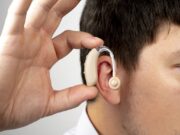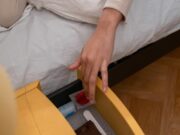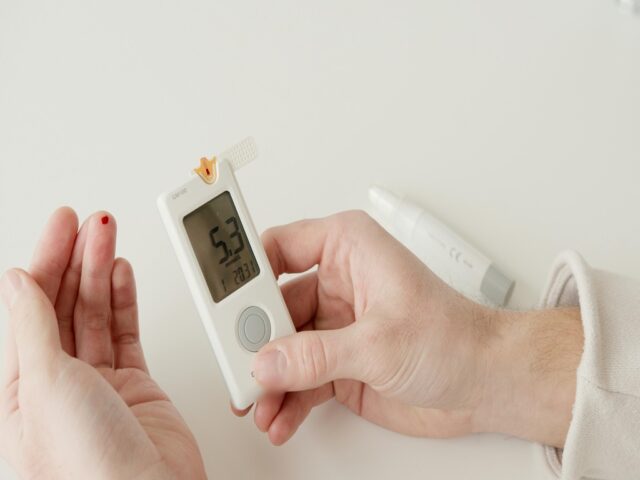Managing diabetes or prediabetes involves keeping a close eye on blood sugar levels. Consistent monitoring can help you maintain these levels within a healthy range, reducing the risk of complications. Here’s a straightforward guide on how to monitor your blood sugar effectively.
Understanding Blood Sugar Ranges
Blood sugar, also known as glucose, is measured in milligrams per deciliter (mg/dL). There are standardized ranges that health professionals use as a guide:
Normal
70-99 mg/dL (fasting)
Prediabetes
100-125 mg/dL (fasting)
Diabetes
126 mg/dL or higher (fasting)
Regular glucose monitoring is vital to ensure you stay in or as close to the normal range as possible.
Choosing the Right Glucose Meter
The first step in effective monitoring is selecting an appropriate glucose meter. There are many types available, but the best one for you is the one you find easy to use and affordable. Some meters also offer extra features like memory storage or Bluetooth connectivity.
When to Check Your Blood Sugar
If you’re managing diabetes, your doctor will advise you on how often to check your sugar levels. This could be several times a day, typically before meals and at bedtime. If you’re monitoring due to prediabetes or for overall health, the frequency will be less, but it’s still important to check regularly.
Managing Irregular Readings
If your readings are higher than normal, it might be time to evaluate your meals, physical activity, and medication intake. Similarly, if they’re too low, you may need a snack or to reduce your medication dose, after consulting with your doctor.
The Role of Food and Exercise
Both meals and physical activity can affect blood sugar levels. Carbohydrate intake directly impacts these levels, so it’s important to understand how much and what kind of carbs you’re eating. Exercise, on the other hand, usually lowers blood sugar, so regular physical activity is encouraged.
Regular Consultation with Healthcare Providers
Always maintain regular consultations with your healthcare provider, especially when making changes to your routine. They can offer personalized guidance and help adjust your monitoring schedule as needed.
In conclusion, keeping track of blood sugar levels is paramount for individuals with diabetes or prediabetes. With the right tools, knowledge, and consistent monitoring, you can manage your health and avoid complications. Always remember, you’re in control of your health, and effective blood sugar monitoring is a key part of that journey.





































